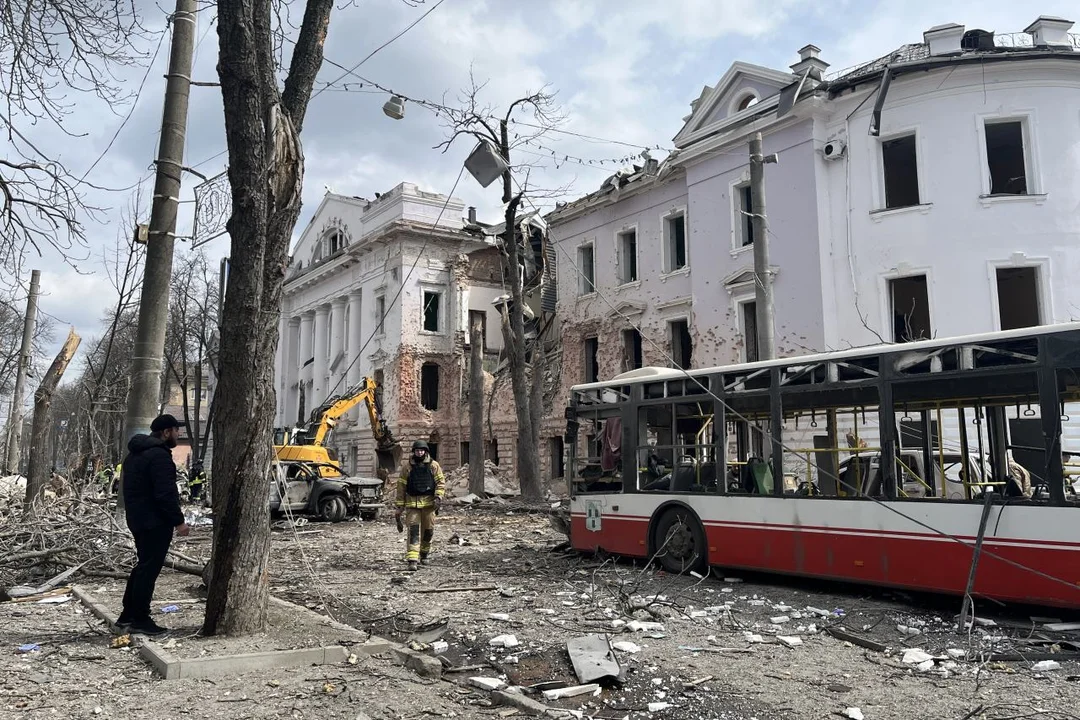
Is Peace Just a Pipe Dream? Trump and Putin’s Stalemate on Ceasefire Talks
The ongoing conflict between Russia and Ukraine continues to spiral, as U.S. President Donald Trump navigates a labyrinth of stalled peace talks and an unwavering Vladimir Putin. The latest developments have not only frustrated Western officials but also raised concerns about the future of international diplomacy in the region.
As of late April, Trump's informal deadline for a ceasefire has barreled toward an apparent collapse, with minimal commitments from the Kremlin. Secretary of State Marco Rubio expressed that the U.S. might abandon these negotiations entirely if no progress is made.

Despite Trump's insistence that talks are getting closer, the reality tells a different story. Rubio recently emphasized that the U.S. would not continue prolonged discussions without any tangible outcomes. Meanwhile, the Kremlin has downplayed the necessity for immediate talks, asserting that some progress has already been made.
Behind the scenes, key meetings have taken place—most notably a lengthy discussion between White House envoy Steve Witkoff and Putin. However, Witkoff left without the crucial approval for a 30-day ceasefire plan that Trump has championed, which has been met with Ukrainian acquiescence. This raises a pivotal question: Is Trump receiving the advice and commitment necessary to drive genuine change?
In stark contrast, Putin's approach seems to indicate a lack of interest in genuine negotiations. Some political analysts argue that the war serves as a lifeline for his regime. Underlying Putin's motives are substantial fears surrounding social unrest, the economy's dependency on warfare, and a reluctance to shift from a militarized society back to a peacetime economy.
As former officials have pointed out, Putin’s dictatorial power often flourishes amidst conflict. The war has allowed him to reinforce a narrative of military strength and national unity, making negotiations—and the subsequent loss of that power—a dangerous gamble. And while Ukraine has shown readiness for peace, the terms suggested remain unacceptable to Russia, which views such proposals as capitulation.
Among recent events, a Russian missile strike against civilians in Sumy has underscored this dangerous stand-off. Killing 34, including children, these actions not only violate international law but also illustrate the chasm between claims of seeking peace and acts of aggression on the ground.
The complexity of this situation leaves world leaders, including Trump, at a crossroads—caught between the hope for a diplomatic resolution and the harsh realities of conflict. Observers may wonder: how can the U.S. shift its strategy to make the cost of warfare outweigh the benefits for Putin? As the clock ticks on Trump's self-imposed deadline, it's apparent that without a fundamental change in approach, peace may remain elusive.
What are your thoughts on the ongoing negotiations and the implications for Ukraine? Share your views in the comments below.